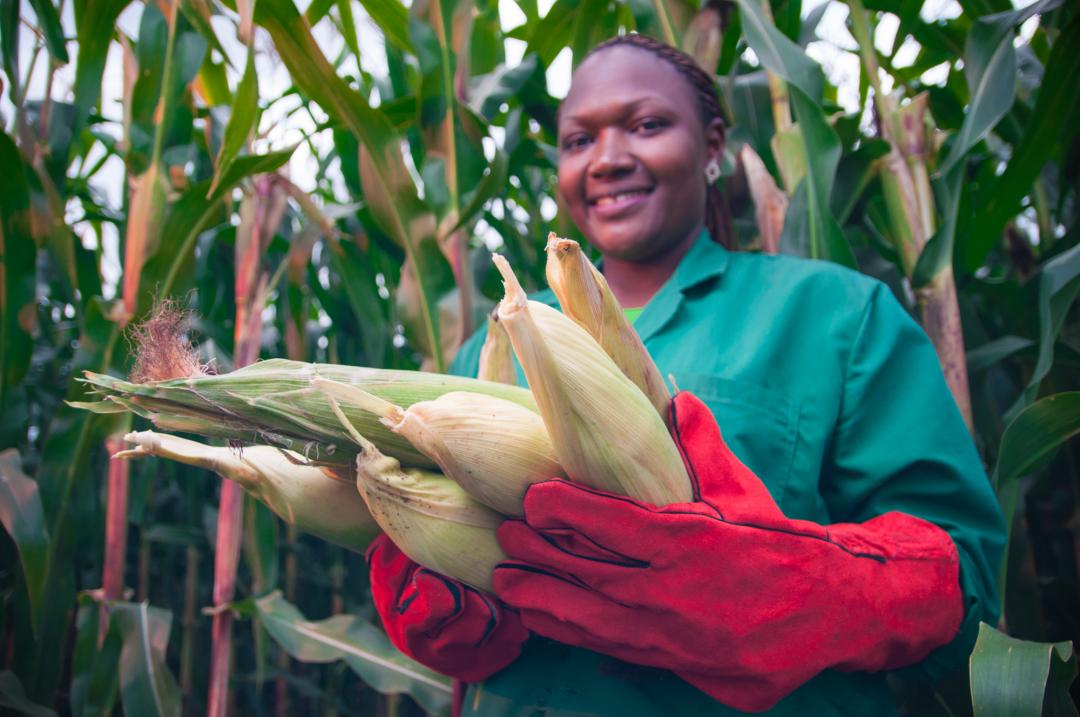Scaling Sustainable Sanitation Delivery in Nairobi's Slums
In Nairobi’s Tassia slum Rechol Njoki owns fifteen residential compounds, each housing 10-12 families. In the summer of 2015, Rechol learned that Sanergy was diversifying their distribution models and was now working with landlords to provide their tenants with secure 24-hour access to hygienic sanitation within their residential compounds.
Intrigued by the residential model, Rechol talked to Fresh Life Sales Associate Roselyne Okemwa about the benefits of having Fresh Life Toilets within her compounds. After their conversation, Rechol decided to install a Fresh Life Toilet in one of her plots, serving ten families. Rechol’s first Fresh Life Toilet launched in August 2015, and her tenants loved it! It was easy to keep clean and didn’t smell, and the waste collectors who visited daily were courteous and unobtrusive. It wasn’t long before Rechol decided to put Fresh Life Toilets in more of her plots; in January 2016, she launched four more toilets in other plots she owned.
In March 2016, we rolled out a new promotion for landlords, reducing the upfront cost of purchasing a Fresh Life Toilet. Taking advantage of the reduced price, Rechol decided to purchase ten more toilets, and now every single one of her residents can use a Fresh Life Toilet at any time of day within the privacy and comfort of their own compounds.
Rechol is one of 78 landlords who have partnered with us on our residential distribution model; we now have toilets in over 100 residential plots throughout Nairobi’s slums. In addition to improving the quality of life for their tenants, landlords find installing a Fresh Life Toilet to be an attractive business proposition for them. On average, the rent for a unit with in-compound sanitation is 500 Kenyan Shillings (about 5 USD) per month higher than a comparable unit without a toilet. In addition, landlords have found that the occupancy rates and the tenant-retention rates in their plots remain near 100%.
For Sanergy, by expanding our distribution models to include residential plots, we are reaching populations who may not be able to access the commercial Fresh Life Toilets in their communities. In addition, we are safely collecting and removing even more waste from the communities we serve, which we can then convert into usable end-products.
The sustainability of our model relies on our ability to prove a market for end-products derived from waste. Using the waste we collect from Nairobi’s slums, we currently produce and sell two primary end-products: organic fertilizer and insect-based animal protein. Throughout and after processing, these products are tested to ensure all pathogens have been eliminated and the nutrient content is as high as possible.
We sell our organic fertilizer, called Evergrow, to commercial farmers in Kenya, for whom it increases crop yields and restores soil health. However, since organic fertilizer isn’t a common agricultural input in East Africa, we’ve launched a variety of campaigns to educate regional farmers about the benefits of using Evergrow on their crops and why it’s preferable to using manure or chemical fertilizers. We have a robust in-house sales team responsible for direct sales to farmers, who talk to potential customers about the short- and long-term advantages of using Evergrow; we conduct training programs with farmers on how to apply Evergrow for maximum efficacy; and we have developed an SMS-based learning platform to support farmers who use Evergrow. We are currently selling about 20 tons of Evergrow per month, and our goal is to reach 60 tons per month by the end of the year.

PureProtein, our insect-based animal protein, serves as a more reliable, more sustainable alternative to Omena, or fishmeal, the leading animal protein input used in East Africa. Found in Lake Victoria, Omena stocks are frequently depleted by fishermen, so it is difficult for feed millers to count on a steady supply. And when they do receive Omena, it is often mixed with sand, shells, pieces of plastic, and other items retrieved from Lake Victoria. PureProtein performs favorably with Omena, and feed millers appreciate the consistent quality and supply of our product.
To establish a market for products derived from human waste, we must first scale safe sanitation delivery in urban slums. Diversifying the distribution models of our toilets is helping us to achieve the scale. By proving that customers will pay for and use products derived from waste, we are closer to achieving a sustainable model for urban sanitation provision and of realizing our vision of safe, accessible, and affordable sanitation for everyone, forever.
This post is a part of the April 2016 series on Inclusive Businesses and Sanitation. View the whole series for more business examples, research and insights on sustainable sanitation solutions.
